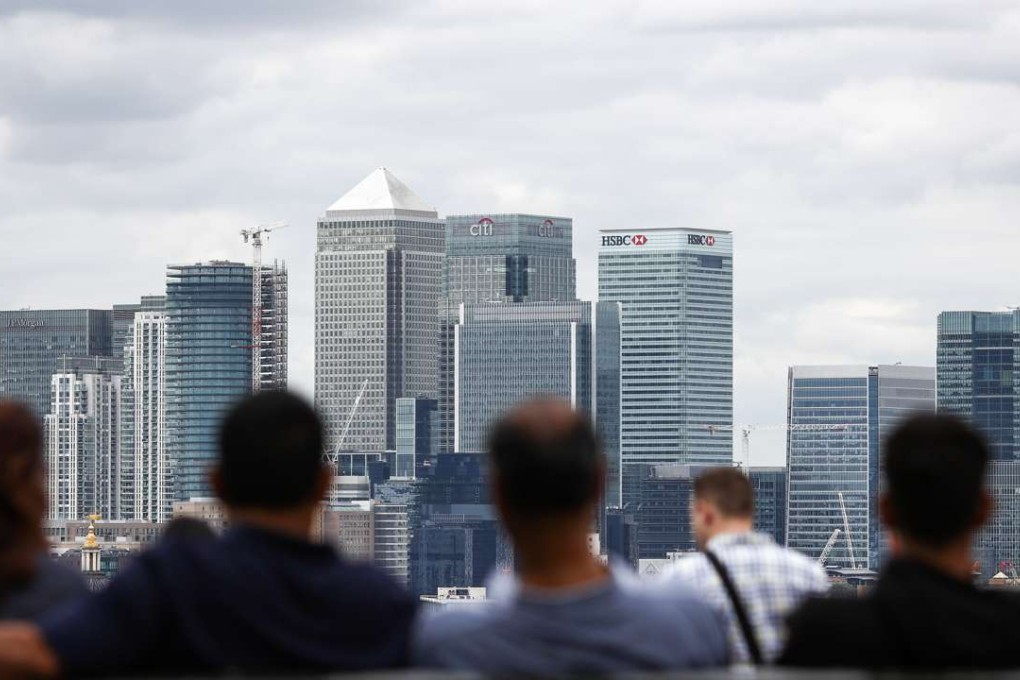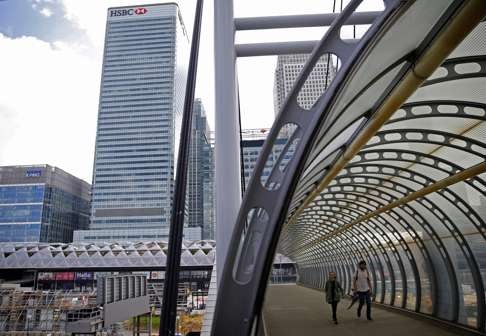Brexit no barrier for China’s growing interest in London property
Chinese banks to finance first stage of new financial district coming up near City Airport in British capital

With Britain trying to hammer out the terms of its exit from the European Union and banks considering their options on the continent, is this the best time to start building a new financial district in London? China thinks so.
Four of the country’s biggest banks this month agreed to finance the first stage of a £1.7 billion transformation of an old East End dock into a hub for Asian businesses. To the west of the site near London City Airport, the towers of Canary Wharf stand as a reminder of how ambitious projects in the British capital can remain white elephants for years before turning into cash cows.
Chinese companies are on track to invest £4 billion in London property this year, beating the 2015 record by a third, according to data compiled by CBRE Group. Though the UK’s vote to leave the European Union lowered prices for Chinese by depressing the pound against the yuan, any longer-term pay-off depends partly on whether Brexit will drive down rents and values by diminishing the city’s role as Europe’s finance hub.

“Chinese investors are betting that the UK will do well in the Brexit talks, and if it doesn’t, companies will still choose London as their base,” said Michael Marx, former chief executive officer of developer U+I Group. “London didn’t become the financial capital of the world overnight and it certainly won’t lose that status so quickly.”
We are now getting inquiries from investors who have sat on the sidelines for years
Developer ABP London and investment company Citic Group Corp are hoping that lower rents along with the pound’s drop will attract expanding companies from China and other parts of Asia to their new hub. The rise in London investment coincides with a Chinese binge on foreign properties, driven by high prices and dwindling commercial property investment opportunities at home.